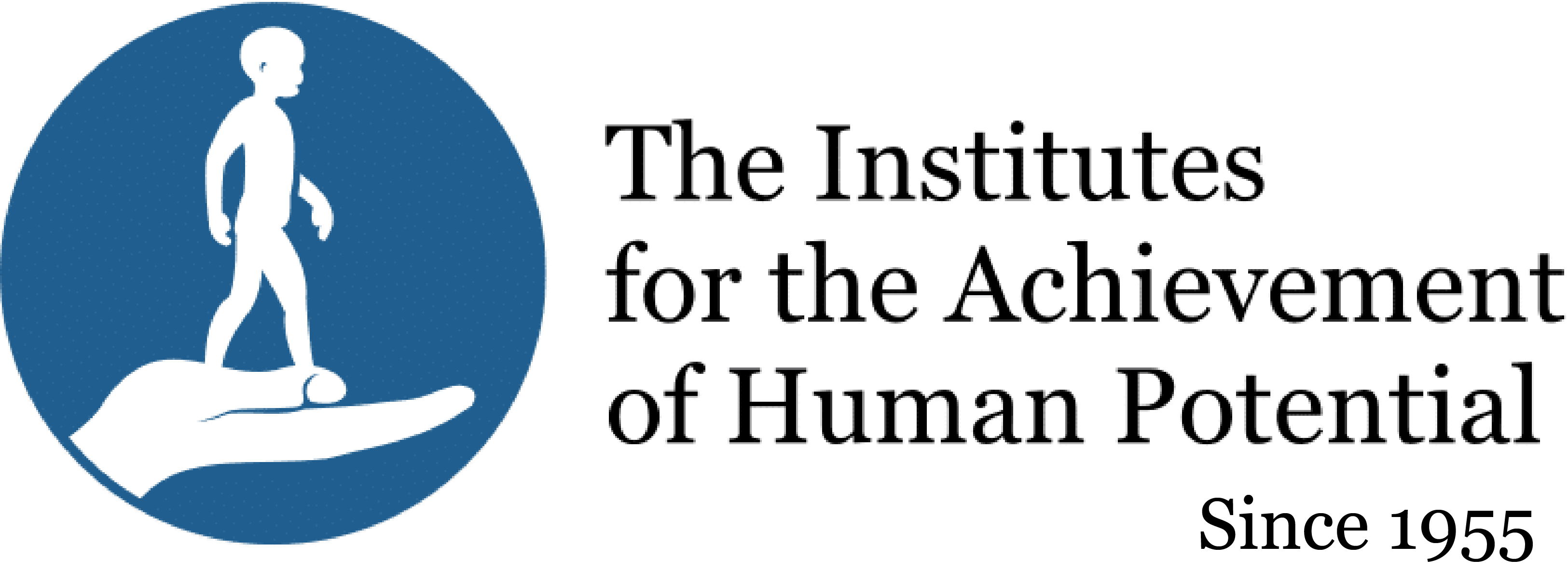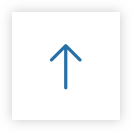Hurt Kid Questions
Are there affiliates of The Institutes for the Achievement of Human Potential?
There are no affiliates of The Institutes for the Achievement of Human Potential.
Our courses and our program are unique to us. When you start down a different path and discover new ways to solve old problems it is inevitable that others may try to copy or imitate what you do. This happens to all pioneers. When you have been working for almost 70 years there will be many pretending to do what you do. What we do requires real knowledge, deep experience and and hard work. We are interested in real results for our children.
Glenn Doman founded The Institutes, and Janet Doman is the Director. They have never used their last name in place of The Institutes name.
Any organization using the name “Doman” or saying they use the “Doman Method” or “Doman Neurological Stimulation Program” are not affiliated with The Institutes and do not do our work. The only child who will never have a chance to do our program is the child whose parents mistakenly believe their child is on our program when he is not.
If you are making shoes imitation may be a compliment but when you are trying to save a hurt child’s life it is potentially harmful.
How do I have my child evaluated by The Institutes?
How are programs at The Institutes different from other available treatment options?
How about results?
In the world of hurt children there is nothing more important that results. We have the greatest archive in the world of what happens to a brain-injured child when you intervene and provide appropriate stimulation and effective opportunity. We have been recording and publishing our results for over 45 years. See Major Victories 1998-2019 to see the significant positive changes our parents have achieved.
Do you have courses other than those in Philadelphia?
Do you treat mildly hurt children who may be diagnosed with hyperactivity, attention deficit disorder, or learning problems?
Is nutrition a part of The Institutes program?
My child is taking a lot of medication. Can The Institutes help us?
My child has a rare condition. Have you ever treated a child like my child?
As I search for answers for my child, what questions should I be asking?
This is a very good question. We propose there are four questions that are vital:
- Do you treat brain-injured children? (not just evaluate them)
- If so, what is your treatment protocol?
- What are your results?
- Where do you publish those results?
Do I need to attend the course if I already read the books?
Who was Glenn Doman?
How many locations do you have?
The international headquarters of The Institutes for the Achievement of Human Potential is in suburban Philadelphia, 8801 Stenton Avenue. Our website (iahp.org) has more information about the Director, Janet Doman, Senior Executives, and our representatives around the world.

 Donate
Donate

